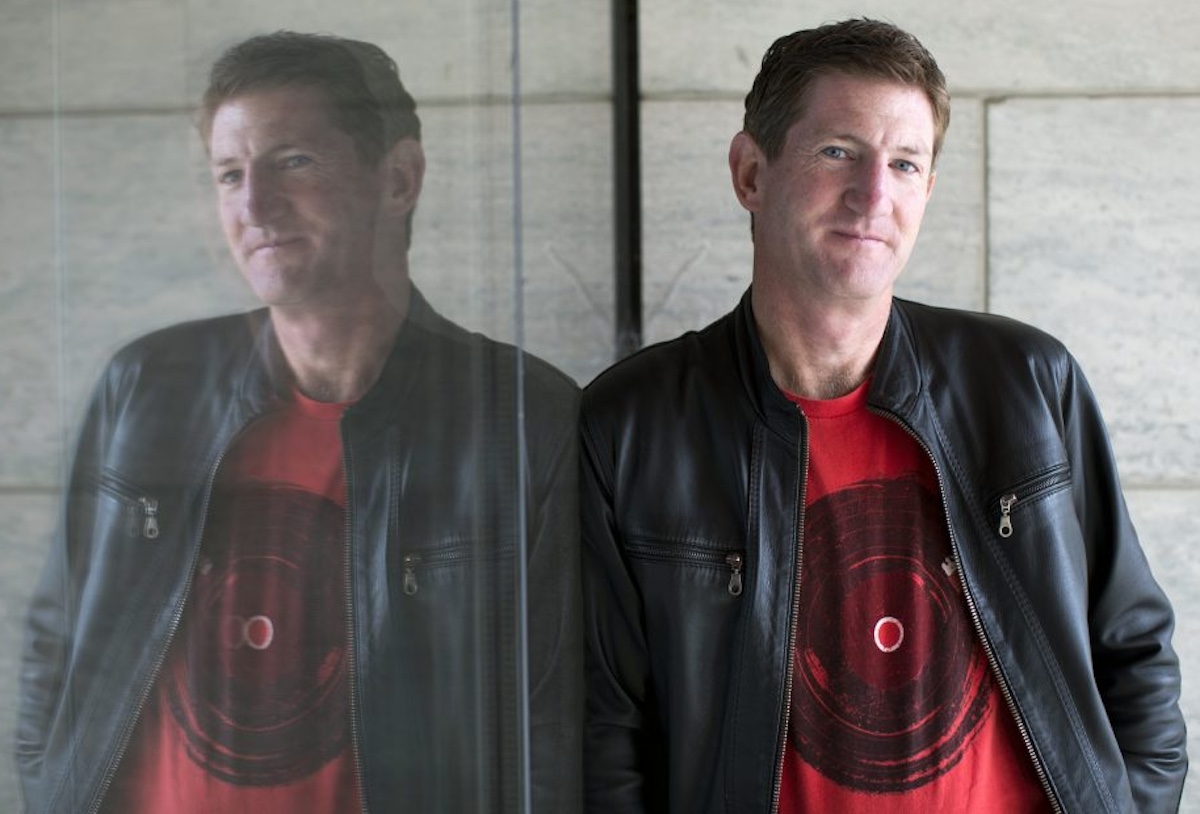My buddy David McPherson’s latest book 101 Fascinating Canadian Music Facts recently hit shelves. To mark the occasion, this week he’s letting me share a few of the stories from this deep dive into Canadian music history. Here’s the final one:
The Name Game
Back in the 1960s, Mel Shaw (who went on to become the first president of the Canadian Academy of Recording Arts and Sciences, or CARAS) was a one-man music business in Calgary. The trailblazing pioneer of the Canadian music industry hosted dance hops in Alberta’s largest city and helped promote local talent. The first band he achieved success with were The Rebounds. Never heard of this six-piece band? Not surprising, as that name did not last long. Here’s the story of how Shaw convinced them to change their name:
Calgary, circa 1960, was a boring town when it came live music. With no local scene and few places for bands to play beyond high school dances, Shaw set his sights elsewhere. He concocted the idea of taking a group to England and contacted an agent there about bringing over some Canadian talent. This guy agreed and said, ‘Just raise $10,000 and get over here and I’ll do the rest.’
Shaw had tried a fundraiser with a band before, but it fell through. After hearing The Rebounds rehearse one day, the promoter decided the scheme still had legs; he went to the local chamber of commerce to try and rustle up the required funds. A smooth talker and negotiator, Shaw convinced a local oil man to pony up the money by promising that the band would go to England and promote the Calgary Stampede. How would they do this? By playing the part of rock ’n’ roll cowboys, of course — dressed in full Western wear, including white Stetsons and cowboy boots. The benefactor liked the idea, but upped the ante to seal the deal — the band needed to change their name.
Drummer Kim Berly recalls that moment when Shaw returned to the studio with the good news about securing the $10,000. “Mel comes to our rehearsal and says, ‘He’s going to give us the money!’ I got so excited … we were going to England! Mel paused, and then continued: ‘There is just one thing though, we have to promote Calgary and he wants us to change the name of the band.’ I got a cold chill, looked at Mel and said: ‘Not The Stampeders!’ He replied, ‘Yes!’ all aglow. ‘You guys are going to be rock ’n’ roll cowboys.’ I wanted to be a hip cool guy with long hair and a Beatle jacket, so this was not great news!”
Despite the promise, the $10,000 never arrived, so the trip to England was off, but the name change worked out OK. Not long after the band had honed their sound with the rebranded moniker locally, it was time to seek success in Toronto. Shaw bought a used nine-passenger 1957 Cadillac limousine from Imperial Oil, and along with his wife and two toddlers, crammed The Stampeders into this charming chariot and headed east.
After nearly five years following the white line and playing every bar imaginable in Ontario and Quebec, The Stampeders (now just a trio of Berly, Rich Dodson and Ronnie King) hit it big in 1971 with their debut Against The Grain. The album featured the hit Sweet City Woman, which won a Juno for Single Of The Year and reached No. 8 on the U.S. Billboard Hot 100. Against The Grain went on to sell more than one million copies.
The Stampeders would return to their roots years later. After breaking up in the late 1970s, Berly and King were reunited with Dodson (whom they had not spoken with in 15 years) by surprise in 1992 on the Dini Petty Show as part of a Where Are They Now series. This eventually led to the trio mending their differences and reuniting. Their first gig? Where else but the Calgary Stampede.
To read 100 more fascinating Canadian music facts, buy the book HERE. For more about David McPherson, visit his website.









































